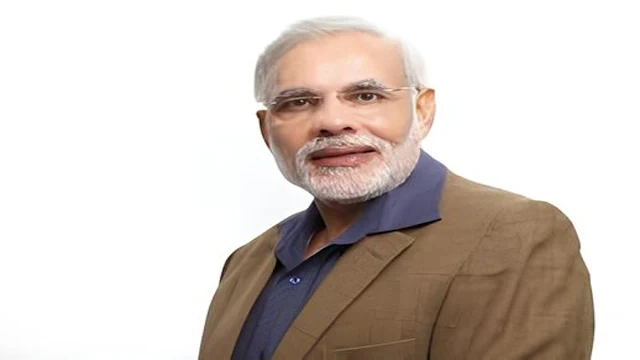Modi is expected to meet with senior officials to discuss the agenda and the new government's accomplishments
The PM may also talk about the progress made so far and their own department's intentions for the first 125 days of the government's program.
According to two sources informed of the situation on Thursday, Prime Minister Narendra Modi is expected to meet with senior officials this weekend and give them instructions to execute good governance initiatives on public welfare, citizen ease of living, and last-mile service delivery with better effectiveness.
According to the people cited above who asked to remain anonymous, the PM may also review their specific department's plans for the government's first 125-day agenda and the progress made thus far, while restating the government's core governance principle of antodaya (welfare of the people at the bottom of the pyramid).
One of them said, "A five-year government development roadmap is expected to be laid out at the meeting, making India the third largest economy in the world."
India's economy grew from being the eleventh to the fifth during Modi's first two years in office.
According to them, Modi meets with officials often to assist them identify priorities and provide the guidance they need to carry out important last-mile delivery initiatives. According to persons with knowledge of the situation, Modi convened the first of these meetings on June 4, 2014, just after taking office, and they lasted for two and a half hours.
On October 17, 2016, a similar meeting was held in which his ministers were also present. In a meeting with officials on June 5, 2017, the Prime Minister advocated for making institutions “outcome-oriented” and directed them to fully execute the Goods and Services Tax (GST), which ultimately proved to be the largest indirect tax reform that united India as a single market. On June 10, 2019, the PM, in his second term, met with officials and urged them to spearhead the implementation of the new government's program.
According to one of the participants, "the review is expected to be focused on already-given parameters of good governance with special emphasis on the poor, women, youth, and farmers." Ideas for improving the distribution of free rations to the 800 million impoverished are anticipated to be explored. They said that steps to prevent the price of necessities such food grains, edible oils, pulses, and vegetables from skyrocketing would probably be explored in order to protect the impoverished from any unexpected increases in these supplies.
According to one of the people, Modi would also be interested in audit reports from marquee programs like the drinking water mission, housing, health, and education as local input would serve as the foundation for better last-mile delivery.
Citing the PM Aawas Yojana as an example, he stated, "The Prime Minister may ask departments to fix timelines for achieving different milestones related to key schemes, and the same could be routinely monitored by the PMO or the cabinet secretariat." Nearly 40 million dwellings were distributed to beneficiaries—mostly women—during the first two terms of the Modi administration. Modi 3.0 intends to deliver an additional 30 million residences.
According to a second source, the PM's assessment might include action plans pertaining to labor reforms, urbanization, rural development, farming, the green, white, and blue revolutions, and environmental protection. "The majority of departments are prepared with detailed reports along with a future road map because secretaries and heads of departments were aware of the requirements under Modi 3.0 even before the elections," he added.
"Policy continuity with extensive reforms in all sectors under Modi 3.0 is expected, leading to Viksit Bharat (developed India) by 2047 and enabling India to attain the status of the world's third largest economy as soon as possible," he said.


No comments:
Post a Comment